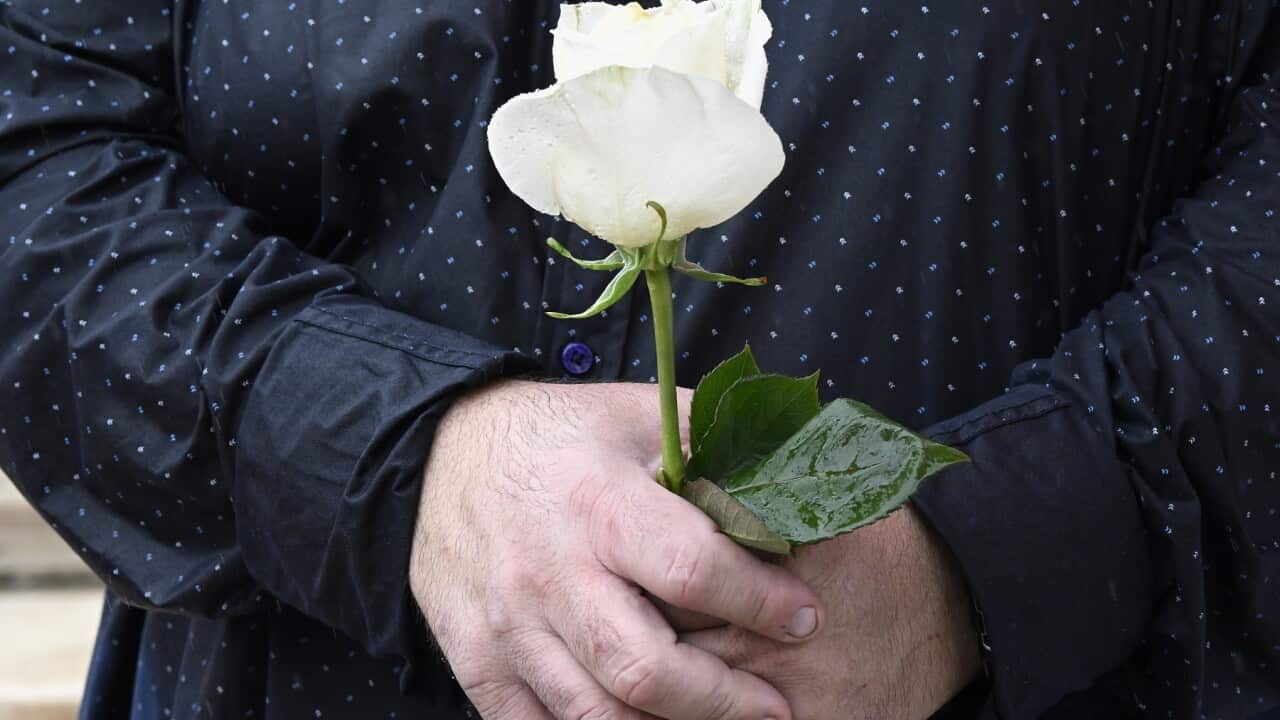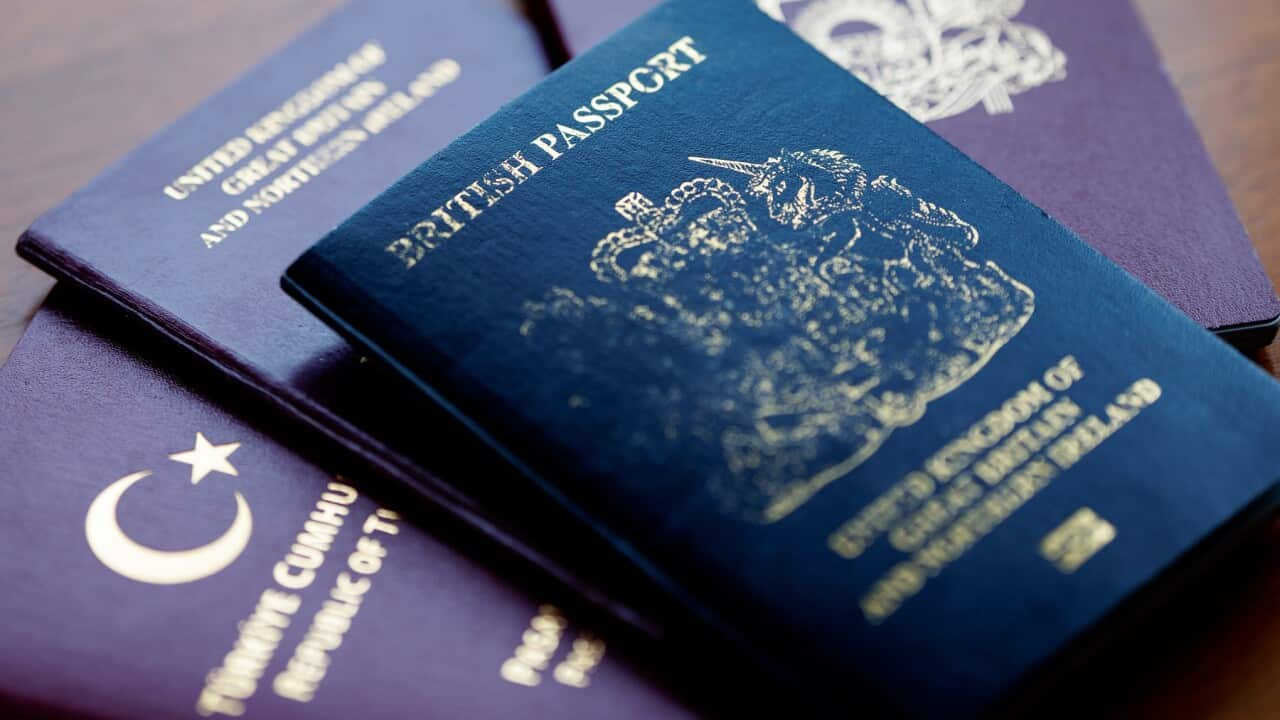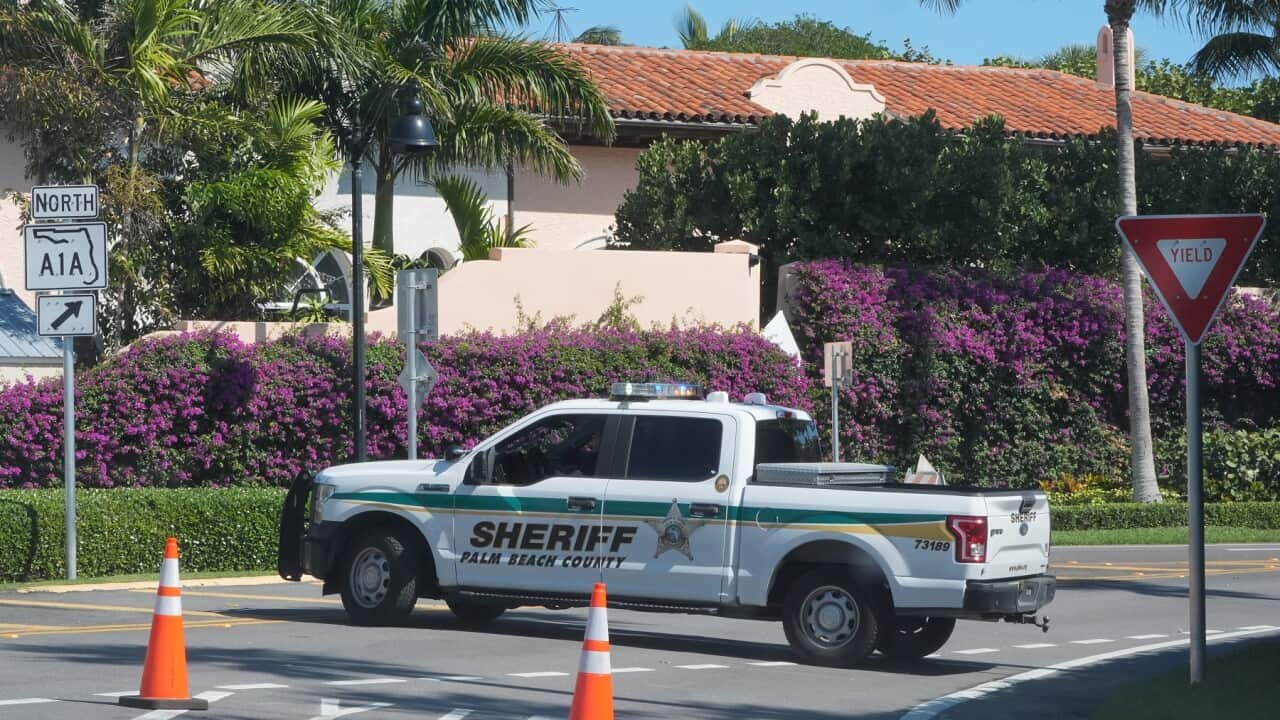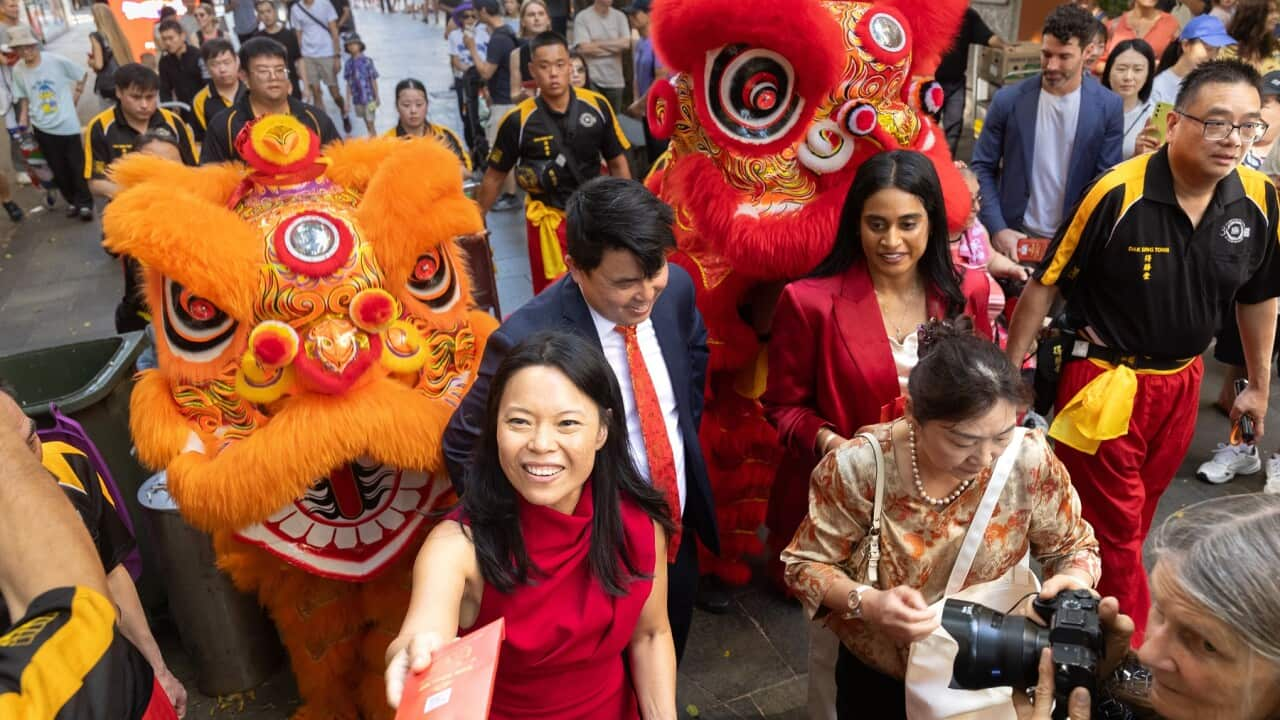Listen to Australian and world news, and follow trending topics with SBS News Podcasts.
TRANSCRIPT:
"Listening to victims and survivors is the first step towards realising a safer Church for our children. We owe an honest response to the countless victims and survivors, known and unknown, who have had the courage to sound the alarm, the alarm on the abuse, despite unimaginable obstacles. And this annual report is a testament to the substantive role they have in the Commission's work."
That's Maud de Boer-Buquicchio, the legal expert in charge of a report that's just been delivered by a Vatican committee on the decades of allegations of sexual abuse experienced by victims around the world.
Forty abuse victim-survivors shared with the Pontifical Commission for the Protection of Minors how badly the church had handled their cases - testimonies acknowledged in the board's second annual report.
The report contained the shocking revelation that the Vatican office responsible for one-third of the world's Catholic dioceses had received only a small number of cases of clerical sexual abuse, and only two reports of bishops who covered up child sex crimes.
Maud de Boer-Buquicchio says the church's internal handling of abuse cases was found to re-traumatise victim-survivors.
"It was considered that internal data provided by bishops only are insufficient to base our conclusions on, so we have gone outside the church. We have included data emanating from an important monitoring body of the UN, which is The UN Committee on the Rights of the Child, which monitors compliance with treaty obligations."
The report says financial reparations and sanctions for abusers and their enablers are essential remedies for these traumas.
It says that compensation is necessary to provide victims with needed therapy and other assistance to help them recover.
The church has long been criticised for providing too little information to victim-survivors regarding their cases, and offering them no real recourse other than going public with their story.
The report also calls for public communication around the reasons for clergy's resignation or removal, when the decision is related to cases of abuse or negligence.
Committee member Benyam Dawit Mezmur says these issues are why financial compensation is only one part of the reparations.
"The part of the world that I come from, which is Africa, many a times you hear from victims that they're not necessarily interested about financial compensations. They might be interested about apologies, they might be interested about restitution, they might be interested about rehabilitation. So it's important to look beyond financial compensations context by context might be important, but they're not necessarily the deal breakers."
The report covers 2024, before Pope Leo XIV was elected.
The world's first American pope has acknowledged that the abuse scandals remains a crisis for the church and has signalled a commitment to the commission which Pope Francis created in 2014 to advise the church on best practices to prevent abuse.
He spoke on the issue in July this year:
"Someone who has had their lives oftentimes deeply wounded or even destroyed by sexual abuse only can feel that. And so that's why we need to respect them and accompany them. But there are many other people in the church who also have a right to be accompanied in. Whatever they are living with, experiencing and the church has to be with them as well."
Meanwhile, the pope remains under pressure, along with other church leaders, to formally apologise for the harm done, tell victim-survivors what they are doing to punish those who caused harm, and what measures they are taking to prevent future abuse.
French Archbishop Thibault Verny is President of the Pontifical Commission.
"Walking alongside victims and survivors, we have become deeply convinced that the path to a culture of protection is not simply for victims and survivors, but with them. This path of conversion requires us to be moved by what we hear. Therefore, the Commission is committed to saying to victims and survivors "We want to be by your side."
If you or someone you know needs support, call Beyond Blue on 1300 224 636 or call Lifeline on 13 11 14.
Embrace Multicultural Mental Health supports people from culturally and linguistically diverse backgrounds.
If you or someone you know wants to talk about sexual assault or harassment, family or domestic violence, call 1800RESPECT on 1800 737 732 or visit www.1800RESPECT.org.au. In an emergency, call 000













